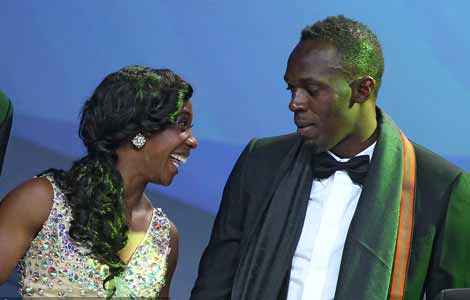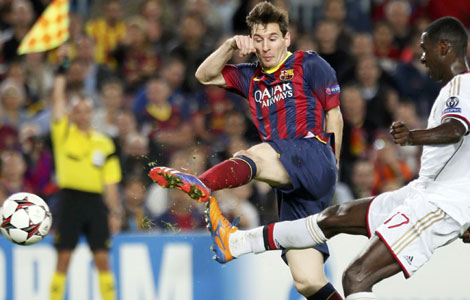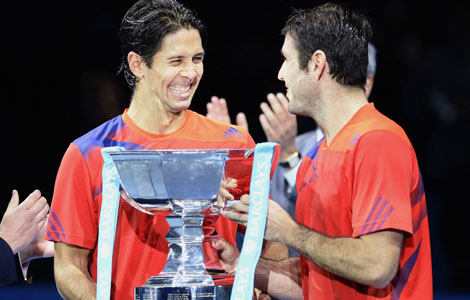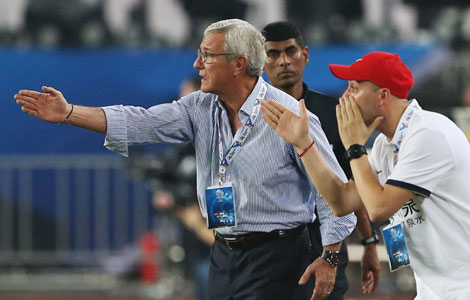

JOHANNESBURG - The fourth World Conference on Doping in Sports ended on Friday in Johannesburg, South Africa with stringent measures put in place to fight doping.
The meeting starting from Monday aimed to look for ways to tackle doping in sport, ended with adopting the World Anti-Doping code on Friday. In the new code, The world Anti-Doping Agency (WADA) resolved to ban those who intentionally take banned substances up to four years from the initial two years.
"The executive committee unanimously endorsed and agreed to approve the code and the standards," outgoing WADA President John Fahey addressed to the media.
They also agreed to be flexible on those who take the banned substance unintentionally or unknowingly. The conference also resolved to punish the athlete support personnel who include the trainers, coaches and officials that assist in doping. In the past coaches and trainers were not subjected to harsh punishments like athletes.
"The declaration requires governments to put in place effective and enforceable legislation, regulations and procedures," read part of the declaration agreed upon on Friday.
Governments have been given investigative powers to investigate allegations of doping within a reasonable period.
The meeting was attended by governments, International Olympic Committee, the local Olympic Committee, the International Paralympics Committee, non governmental organizations and sports personalities. They agreed to cooperate in combating doping.
There will be education on the doping by various stalk holders. The agreed World Anti-Doping Code will become effective on January 1, 2015. "There is no point in the chess federation, for example, testing for human growth hormones," added Fahey.
He said there will be flexible especially in punishing those who unintentionally tests positive to banned substance under the new code. Craig Reedie from Britain was elected the incoming President of WADA, assuming office in January 1 2014.
"We are no longer talking about clean athletes; there is unity in the sport movement on how we can move forward. We have a new code and we have to respond to that. We have a new code, a roadmap ahead of us and we have to respond to that. We encouraged governments to sign anti-doping conventions," said Reedie addressing the media.
A total of 176 countries and regions had ratified the UNESCO convention and the World Anti-Doping Code as at October 1, 2013. Under this there have to be enforceable laws and rules and effective monitoring of doping.
A South African, Dr. Makhenkesi Stofile was elected the deputy President of the WADA. Stofile said African countries have to improve on their testing laboratory and satisfy the WADA stringent rules and be approved.









